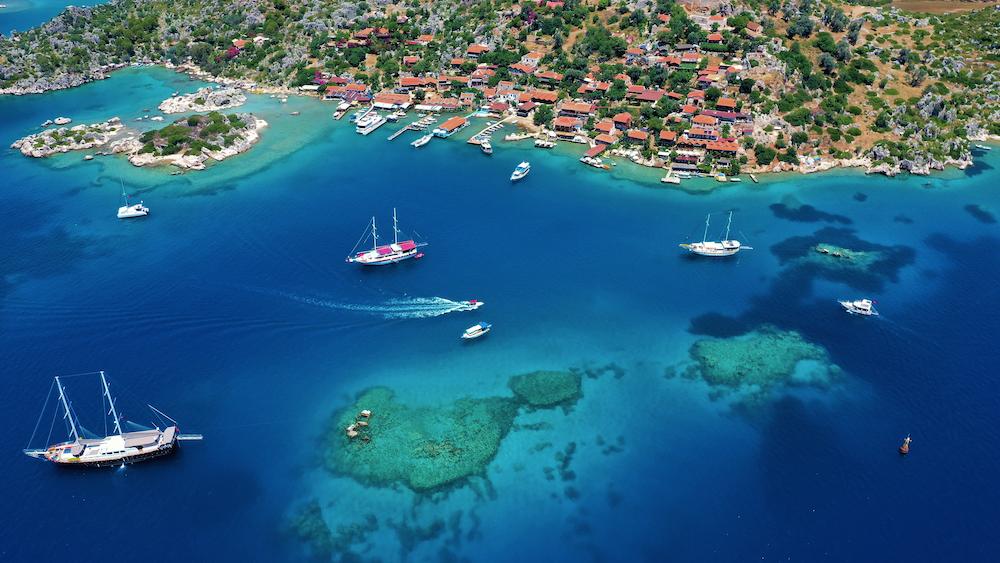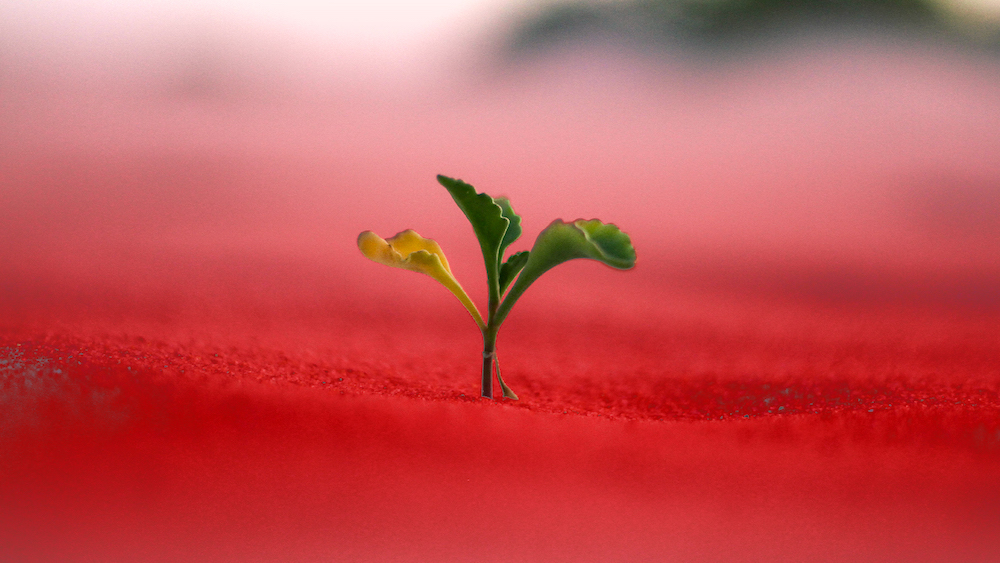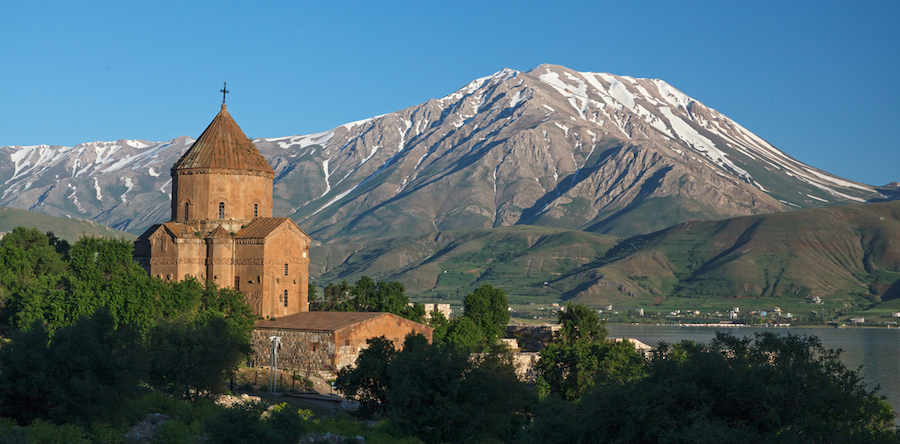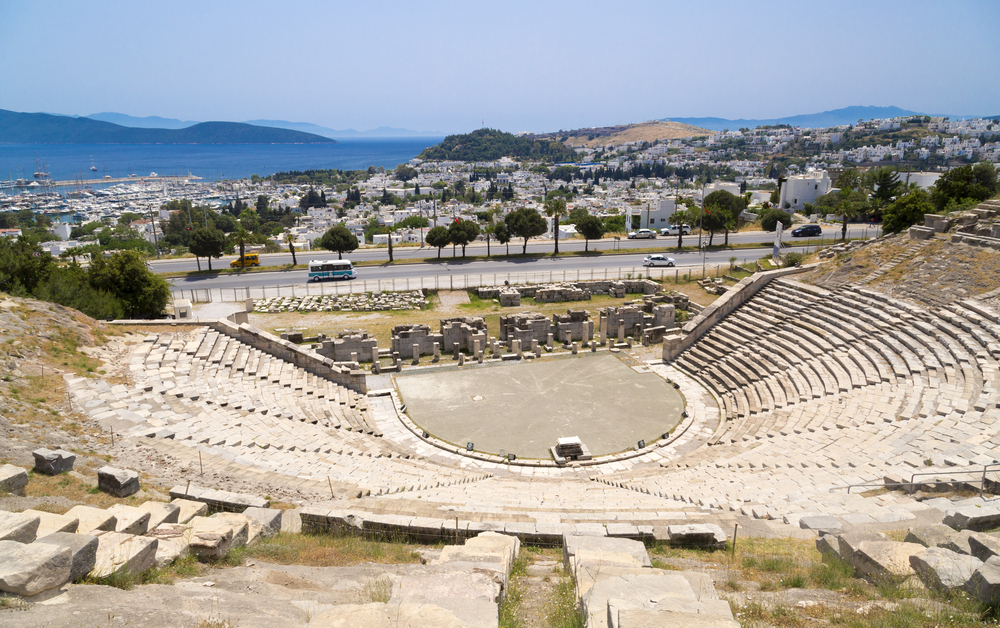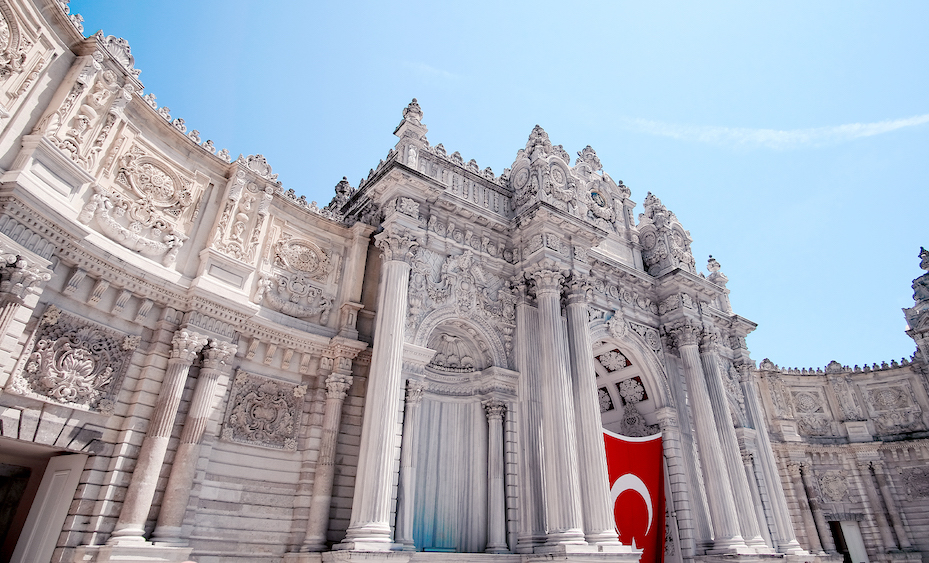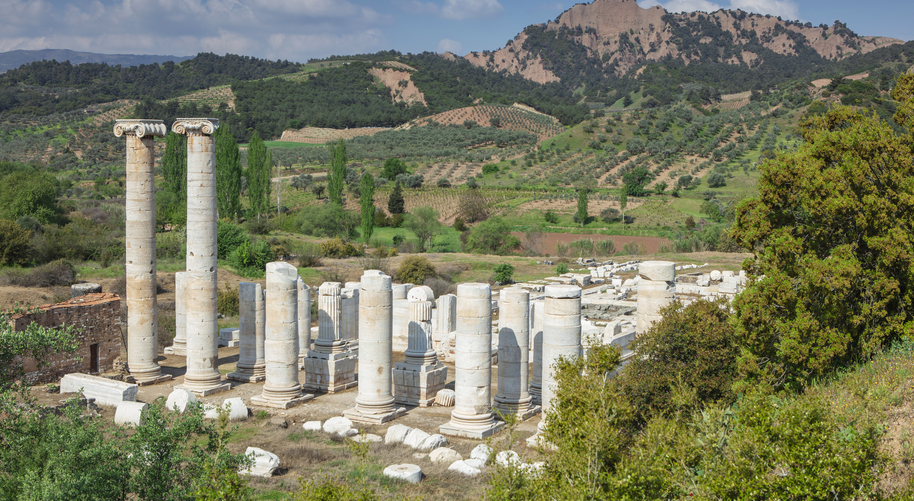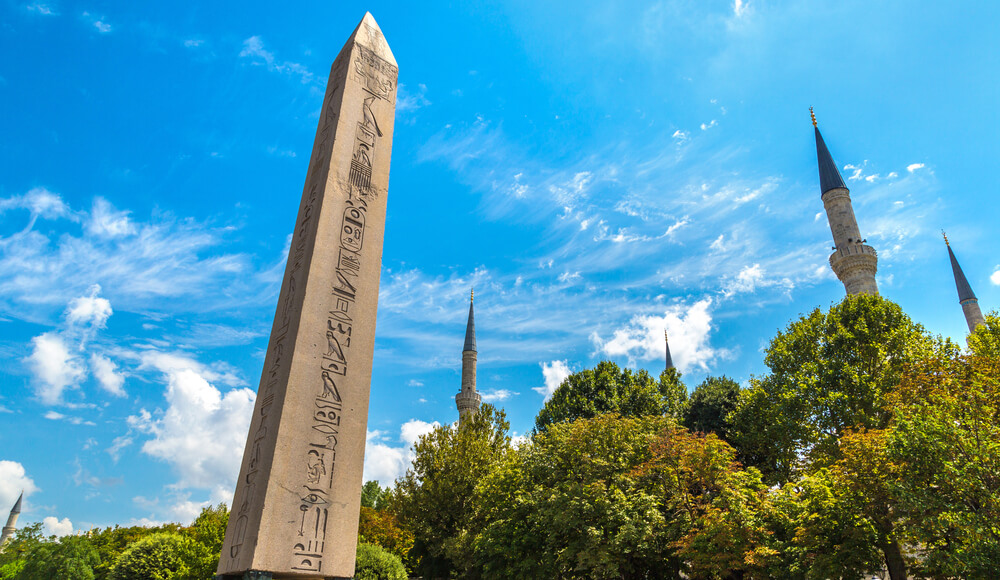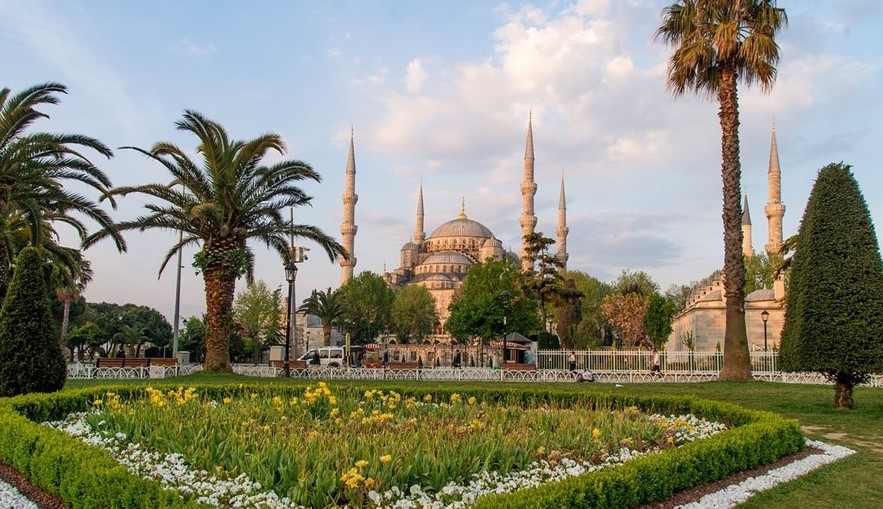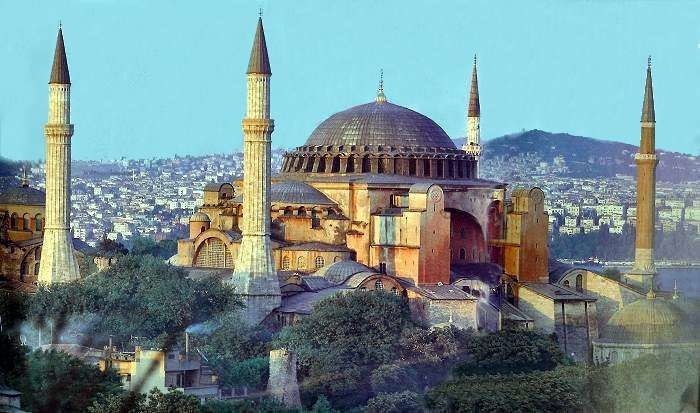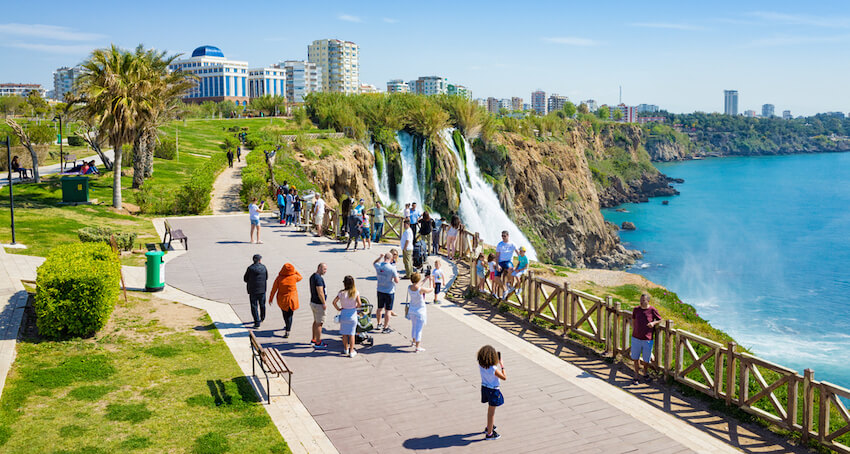
The official language in Turkey is the question that we are most asked about. We understand the interest since your curiosity will peak if you plan to live in another country or buy property there and you don't speak the official language. The Turkish language, spoken by millions of people across the globe, is linguistically marvellous with cultural significance. Belonging to the Turkic languages, Turkish speakers often captivate audiences with their tone and pronunciation.





